ExxonMobil: diesel will surpass gasoline as the number one global transportation fuel by 2020
Green Car Congress
MARCH 9, 2013
Transportation fuel mix in millions of oil-equivalent barrels through 2020. Diesel will surpass gasoline as the number one transportation fuel worldwide by 2020 and continue to increase its share through 2040, according to ExxonMobil’s recently published Outlook For Energy: A View To 2040. Click to enlarge.















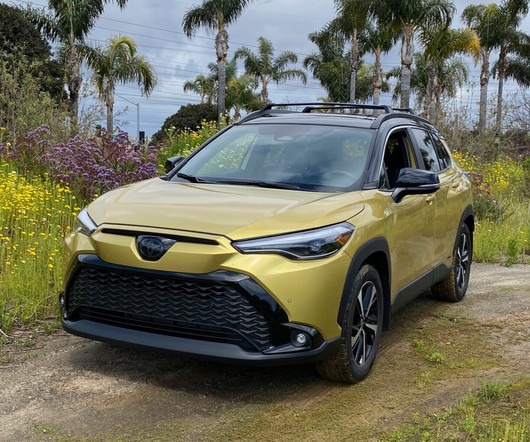
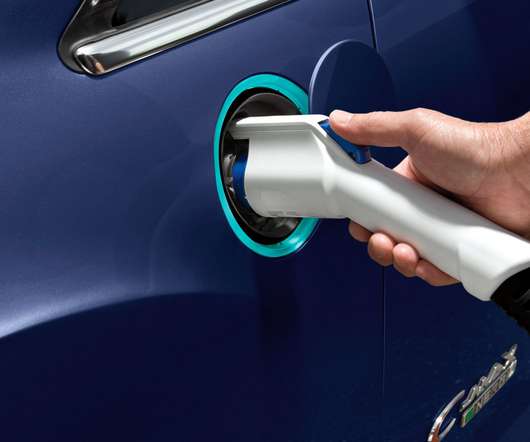
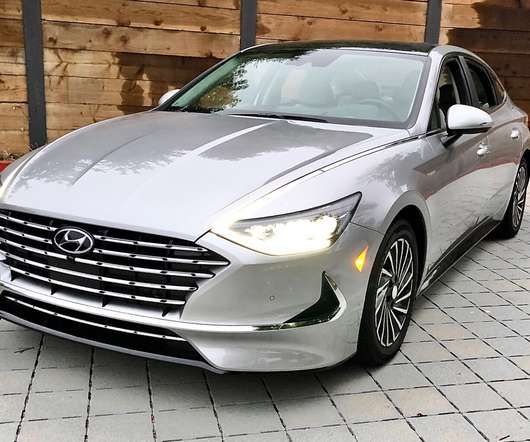
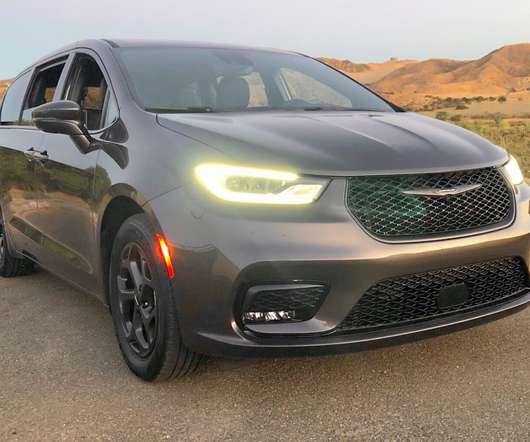

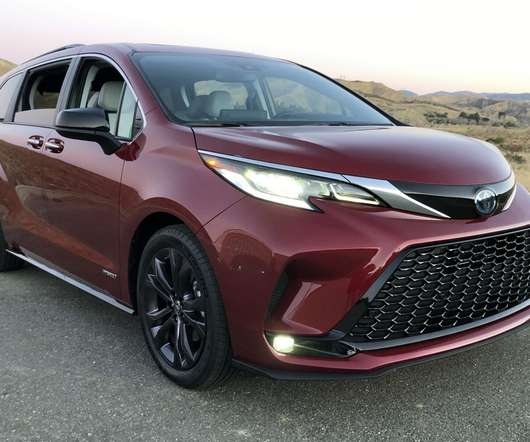




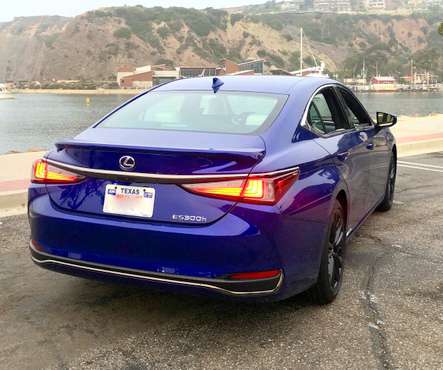






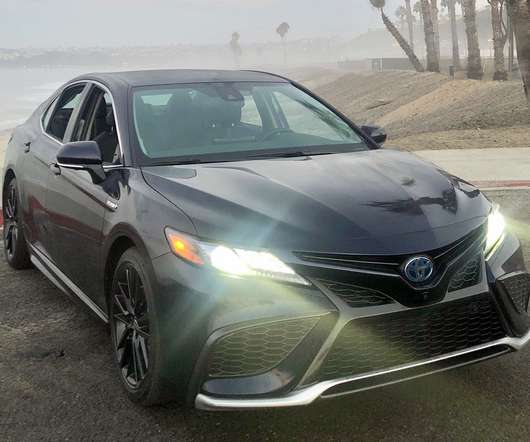


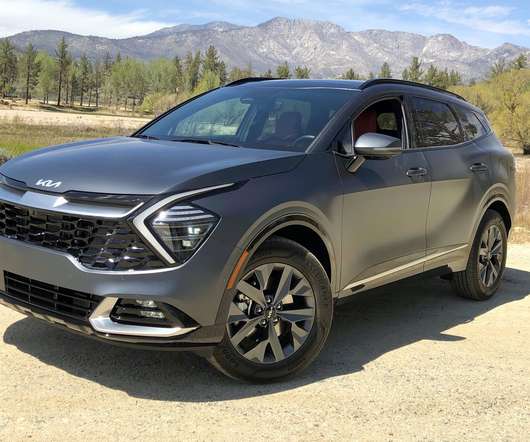






Let's personalize your content